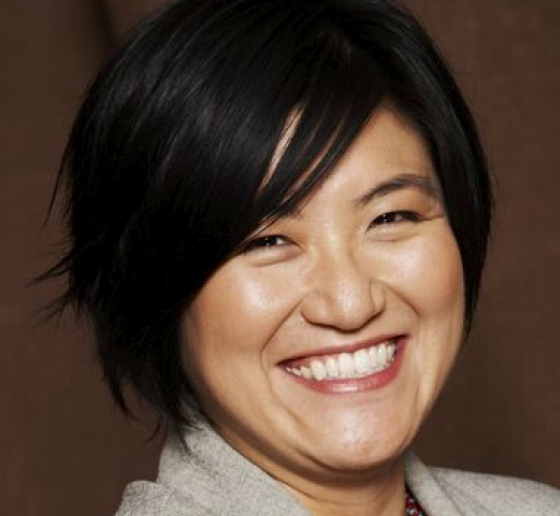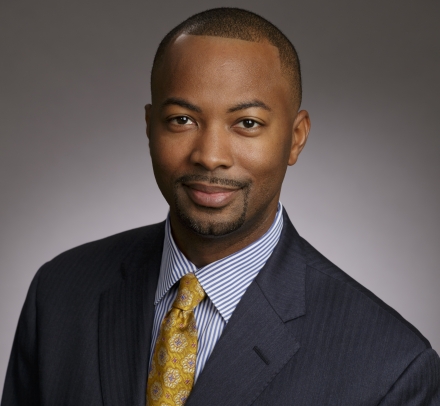How I Got Here: Jin Hee Lee ’00
Jin Hee Lee ’00 is the senior deputy director of litigation and director of strategic initiatives for the NAACP Legal Defense and Educational Fund (LDF) in New York City.

What exactly do you do?
At LDF, we focus on racial justice impact litigation. I supervise our criminal justice, education, and economic justice litigation and advocacy. I have a few of my own cases that I personally litigate with some of my colleagues. But the vast majority of my work is supervising the litigation; helping staff attorneys develop, investigate, and advance new litigation; and working with our senior management team to identify priorities and strategize on how to best utilize our resources to achieve racial equity.
What do you love about your job?
It’s not just a job. It’s something that I believe in personally, that I’m very committed to. This is a priority in my life. And for that to be aligned with what I do professionally—I feel incredibly lucky that I have the opportunity to pair the two, especially at an organization that was home to civil rights legends like Thurgood Marshall, Jack Greenberg [’48], and Constance Baker Motley [’46].
I also love our clients and the ability to make real change in their lives. One of my proudest moments was when my client, who had been sentenced to juvenile life without parole, was finally released from prison. The criminal justice system had given up on him as a teenager, but now he has a second chance at life and is doing amazing things. That’s what my job allows me to do.
What previous experiences were the most helpful in doing your current job?
Growing up in an immigrant family in an all-white, rural community in Middle Tennessee was a formative experience and highlighted to me the salience of race in every aspect of my life. As an Asian American, I consider my own experience with race discrimination to be a consequence of our national history of racial inequalities, beginning with the genocide of Native Americans and the institution of slavery. I always had this passion about the importance of diversity, the importance of acknowledging racial biases and inequities, and in trying to do something about that.
What was the most important factor in your being able to get this job at the LDF?
I think the most important factor was my demonstrated commitment to racial justice. LDF is a special place because it attracts people who live and breathe racial justice. Because race has been such an important factor in my life experiences and my own personal interests and passions, I am grateful to be able to have a racial justice legal career at LDF.
Who is someone you consider a mentor?
One mentor is the judge I clerked for, Martha Vázquez, who is the first woman federal judge in the District of New Mexico and one of the few Mexican Americans in the entire federal judiciary. She was a great role model in terms of being a woman of color who became a successful trial attorney and eventually a federal judge. But I also learned from her how crucial it is to focus on each case and each individual who appears in court because their moment in the courtroom may be one of the most important in their lives.
What’s the hardest part of your job?
The hardest part is work-life balance. There is not enough time in the day to do half of the things that I want to do, professionally and personally. Especially now that I’m a mom. If I become too stressed and overworked and don’t sleep, I’m not going to be a very good lawyer, and I’m also not going to be a very good mother or a good partner. So it’s important for everyone that I exercise self-care. It is certainly a challenge, and one that I have not completely overcome, but it’s important to try.
Do you have professional or career aspirations or goals that you are working toward?
I am really interested in developing other kinds of advocacy tools, beyond litigation, that we should utilize to achieve the best results for our clients. Litigation can be very lawyer focused, but what history has shown—and even the past 12 months have shown—is that lawyers alone cannot achieve transformative change. It’s incumbent upon litigators to be collaborating with activists, organizers, and directly impacted community members to come up with the best solutions.
If only someone had told you . . .
I wish that someone in law school had told me how important it is to understand the big picture of how the law works, as opposed to being bogged down by the minutiae of individual cases. That’s what makes the law so fascinating to learn.
This interview has been edited and condensed.
